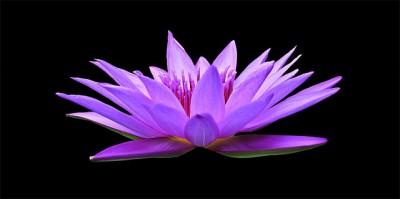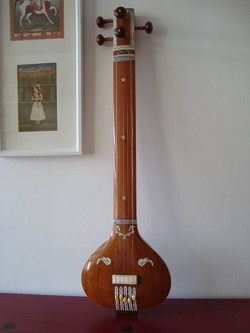by Bakul Banerjee
On the seventh day of the waxing moon, a bud
of morning glory grows inside you at dawn.
You move through the morning preparing offerings
or doing simple penance carrying the bud along.
Soon, the stillness ceases. The temple is crowded,
creating a thin crack in the shield of solitude.
You take the seat to begin your day-long worship
seeing the divine in the bud’s peaceful mood.
As the day progresses, the divine shines in and
outside the prayer flower. The noise around you
becomes deafening in time, drilling holes in
petals held together by some hesitant glue.
You are drowning in this space turning liquid.
You cannot breathe. In panic, your arms flail.
You try to stabilize your prayer to the divine
that’s about to sink, by floating around, but fail.
Who can rescue you from this dark miasma?
You remember the idea of neutral buoyancy.
Taking in a breath of air just right, you dive deep
keeping the flower in sight, maintaining constancy.
Floating in that inner space, you pray in stillness.
You guess the velocity of approaching darkness
as the morning glory closes. It’s time for vesper.
You let go of the air and surface in the silence.






